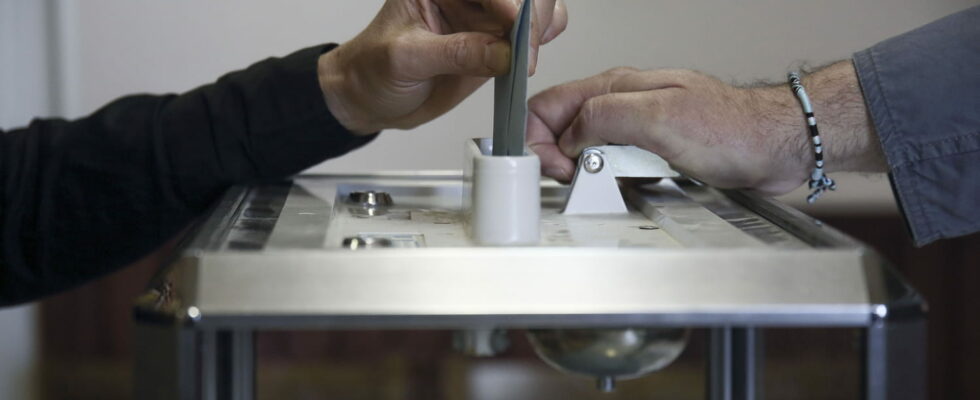If French law prohibits the broadcast of the results of the 2024 European elections before 8 p.m., it is possible to find estimates on the Internet, well before the fateful hour. We will explain everything to you.
No official result of the European elections before 8 p.m., that’s the rule! Indeed, the law prohibits any dissemination of information on the score of candidates in current elections, so as not to distort the vote. And in France, the vote this Sunday does not close until precisely 8 p.m. Moreover, the French media and the Ministry of the Interior, which will begin to give partial results for these European elections, are taking some liberties with the demands of the European Commission, which would like each country to wait until the end of the election. European Union in all member states (Italy does not close the poll until 11 p.m.). However, the first results of these 2024 European elections will be known before 8 p.m.
Indeed, polling institutes are carrying out surveys in a few representative polling stations throughout the country in order to establish the first estimates which will be given by the French media at 8 p.m. sharp. And since 2012, the hashtag #RadioLondres, a nod to the coded messages of the Resistance, broadcast from London during the occupation, has returned at regular intervals throughout the elections, mainly those relating to a national issue. It is powered by Twitter users, on the social network now called “X”, often looking for a good word, but sometimes also in possession of credible figures.
At the same time, the Belgian and Swiss media, like RTBF, also use this code name in addition to broadcasting trends on the elections before 8 p.m., do not fail to share these results on social networks or on their site. Faced with this practice, the “Poll Commission” is starting to turn a blind eye. In 2019, she notably published a press release in which she said she had the assurance of the 8 main French institutes (BVA, Elabe, Harris interactive, Kantar-TNS-Sofres, IFOP, Ipsos, Odoxa, OpinionWay) that none of between them was behind these studies.
From then on, she described the polls broadcast by recognized media as “rumors”. OpinionWay felt obliged to point out on X that it had published “no data” on the vote. In fact, it is clear that the trends in the results will be, as in every election, broadcast on these foreign media.
